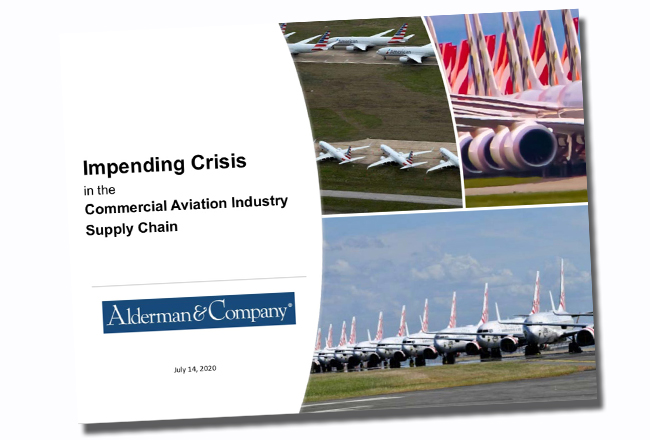Gov. Ned Lamont issued an executive order this morning that extends workers”™ compensation benefits to those frontline employees who contracted the coronavirus at work.
 But that might not be enough to assuage the emotions of everyone involved.
But that might not be enough to assuage the emotions of everyone involved.
“Our state owes a debt to all of the health care professionals, grocery store clerks, and other essential workers who served vital roles during the earliest and darkest stages of this public health crisis,” Lamont said this morning. “I am thankful for the employers who have done the right thing by their employees, the Connecticut Workers”™ Compensation Commission for operating continually throughout this pandemic, and most of all, the workers for their efforts and sacrifice.
“The executive order is an important step to ensure our essential workers, who went to work while others stayed safe and stayed home, are made whole,” he added.
But there is still sometimes heated discussion between those who agree with the move and those who oppose it, with the latter warning that it could put a severe financial strain on employers already trying to dig out from under the Covid-related fiscal crisis.
Granting such a presumption will “substantially hike workers”™ compensation costs for employers at a critical time, with businesses struggling to recover from pandemic-related shutdown orders and restrictions,” according to a June 18 post on the Connecticut Business & Industry Association website.
The CBIA post further cited data from the National Council on Compensation Insurance that estimated compensation costs could more than double. And in another post on July 7, the group warned businesses:
“It will increase your insurance costs for at least three years due to paying claims for workers who contracted the virus ”” including those that may have ignored social distancing measures off the clock or ignored travel restrictions. An analysis by the independent National Council on Compensation Insurance (NCII) shows that if left open-ended, your workers”™ compensation costs could rise as much as 238%.”
“It”™s a huge slap in the face,” CBIA”™s Vice President, Government Affairs Eric Gjede told the Business Journal prior to the issuance of the executive order. He conceded that the eye-popping 238% figure was “just an estimate, but we feel it”™s a good predictor of what we”™re facing.”
Gjede noted that the CBIA is an independent organization without a political agenda, “but we take this pretty darn seriously.”
The CBIA exec blamed what he called “advocates who are very angry about the issue” ”” specifically the Democratic chairs of the state Insurance & Real Estate Committee and Labor & Public Employees Committee ”” with pushing the presumption through without proper consideration of business owners”™ concerns.
State Sen. Matt Lesser (D-Middletown), deputy majority leader and co-chair of Insurance & Real Estate, is one of those angry advocates.
“(The CBIA”™s) position is hard to understand, and perhaps is even a tad shameful,” Lesser told the Business Journal. “It doesn”™t take a rocket scientist to see that when you force workers to do their jobs during a global pandemic, they may get sick ”” and there are costs associated with that.
“It seems to me that this is the very least we can do for frontline workers who are in hospitals, nursing homes and even the local grocery store ”” before PPE was widely available ”” and who put their lives on the line to show up for work,” Lesser continued. “Some got sick, and a few died.”
”˜SPREADING INCORRECT FIGURES”™
As for the CBIA”™s alarming numbers, Lesser said he wasn”™t buying it.
“The CBIA is spreading incorrect figures,” he said. “The actual costs would be minimal.
“If this is what breaks the economy,” Lesser added, “then we”™ve got bigger problems.”
Following the governor’s action this morning, CBIA President and CEO Joe Brennan told the Business Journal that the organization was pleased the executive order wasn’t as far-reaching as had been feared. Instead it applies to workers who missed a day or more of work between March 10 and May 20 due to a positive Covid diagnosis, or has shown symptoms that were so diagnosed during the course of employment.
In addition, the executive order maintains that, to qualify for workers’ comp, the employee must have worked at the direction of the employer outside the home during at least one of 14 days prior to the date of a positive diagnosis, and had not been ordered to work from home instead.
Both limitations are important, Brennan said. He noted that the NCII has yet to determine what the costs to employers will now be, but allowed that it should be “considerably less.”
Nevertheless, he added, the organization remains concerned that Lamont’s move could set a precedent that would take additional tolls on employers.
Across the political spectrum, a number of both red and blue states have already provided workers”™ comp protections, although not always to the same extent. California extended protection to all employees working outside the home who contract Covid between March 19 and July 5; Illinois does essentially the same from March 9-Dec. 31.
While the likes of Alaska, Utah and Wisconsin limit presumptions to first responders and health care workers, Kentucky also includes grocery store employees and Minnesota includes those providing health care for first responders and health care workers.
State Sen. Julie Kushner (D-Danbury), deputy president pro tempore and co-chair of the Labor & Public Employees Committee, told the Business Journal that she shared the view with her Democratic colleagues that “We have an obligation to our frontline workers. In order for us all to stay home and stay sheltered, those are the ones who provided food and our essential health services.
“Giving them the presumption is a very important and meaningful way to acknowledge their service,” she added.
Echoing Lesser, Kushner said, “I don”™t think there”™s any evidence” of the veracity of the numbers being bruited about by presumption opponents. “Even if it is more expensive,” she declared, “that”™s the cost of doing business.”
“The time to do this is now,” Kushner said. “Actually, it was several months ago.”





















